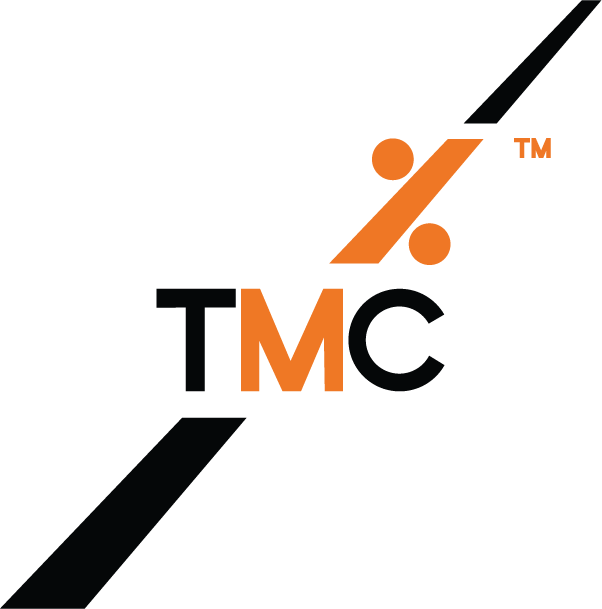TMC finds that fleet and travel managers can reduce costs across ground transport programme by more than 50%
Carbon emissions is the latest and greatest thing on everybody’s minds, but cost is always king. The cost of living crisis is affecting millions of people; inflation is at 10%, interest rates are on the rise and energy prices are up by 100%. New car prices are up by 10% too. Yet when it comes to travel, what are we doing about it? We must try everything we can to react to this.
Part one of the case study showed you how to reduce your carbon emissions by more than 50% simply by modal shift. The second part of the case study that TMC have conducted as part of the development process for Mobility iQ focuses on cost and how to reduce costs during the current cost of living crisis.
The study, which came about as part of the testing of the 4C’s algorithm pre-launch of Mobility iQ, was based on a user travelling 5 out of 7 days, 12 hours a week and completing 20,000 miles/30,000 kilometers per annum.
Firstly, comparing internal combustion engine (ICE) with an electric vehicle showed a 33% potential cost saving in favour of an EV which included the car itself, any taxation and the fuel.
The study then compared ride options and found the cost, on average, to be €1.30 per minute for ride-hailing. The spread of ride-hailing provider’s costs was at 37% between the highest and lowest options and also ten minutes waiting time, meaning that ‘shopping around’ is crucial to achieve the best option for your circumstances and ultimately your preference when it comes to the 4C’s of cost, carbon, calories and clock.
Taking the same method to the car brought about more interesting figures. Based on the idea that there may be days when the car is not used, the cost per minute for travel time rises from €0.37 to €9.66 per minute and for an EV, from €0.22 to €6.45 per minute. These findings stress the importance of thinking more sustainably to avoid wasting your money; cars should not be disregarded, yet there is the potential for them to be used in a more efficient and cost effective manner.
Car rental was another alternative that the study looked at. It was based on an average cost per day of €50 and a parking cost per day of €40. The cost per minute for car rental worked
out at €0.42, moving up to €0.72 per minute if having to factor in parking. Whilst it may seem a cheaper alternative at first in comparison to ride options, it would depend on how much usage you need before deciding if it’s the best option for that travel period.
The final figure to note was the cost reduction between ride hailing and taking public transport which was an astonishing 77%, highlighting the potential benefit of searching through different modes and providers to find a cost-effective alternative for your travel.
You can’t be expected to calculate cost per minute values and compare between different modalities/service providers, but that’s where Mobility iQ steps in; the purpose of which is to first and foremost bring the cost of each mode and service down to a per minute value and allow you to benchmark this across other options and make the best decision each time you move from A to B.


